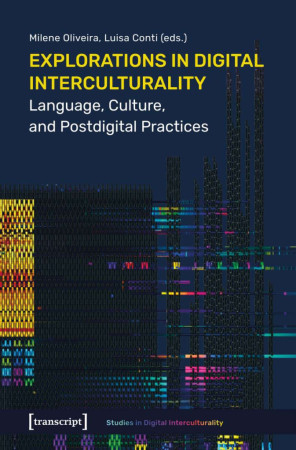The colonial roots and continuities of AI language culture

Chapter
Author(s) / editor(s):
Bettina Migge
,
Britta Schneider
Year: 2025
In: Oliveira, M. / Conti, L. (eds.): Explorations in Digital Interculturality: Language, Culture, and Postdigital Practices. Bielefeld: transcript, p. 77-108.
Keywords: colonial or missionary linguistics, language ideologies, standard language cultures, language technologies, cultures of computation, commercialisation, digitalisation, self-learning algorithmsLanguage(s): English
Abstract:
AI language technologies such as large language models (LLMs) and machine translation have become part of everyday life but we are rarely concerned with the cultural histories and epistemological backgrounds of these tools. In this chapter, we discuss the parallels between concepts of language in technology settings and discourses about
language in the history of European colonialism. We compare and sketch historical links between colonial language ideologies and language ideologies found in contemporary AI language culture and study the socio-political and epistemological parallels in colonial times and the AI age. We base our discussion on previous linguistic anthropological work that has studied language and colonial discourse and compare it with discourses on language found in scholarly texts from computational disciplines, in texts published by commercial language technology companies (e.g., Microsoft, Meta AI, OpenAI, Google) and in what can be known about the design of computational devices and LLMs. Our discussion adds to an understanding that AI language technologies in many respects represent a continuation of colonial endeavours from the Global North. This also shows that the interplay of material technologies and language plays a decisive role in establishing and distributing human ideas, orders, and power.
Post created by: Lymor Wolf Goldstein